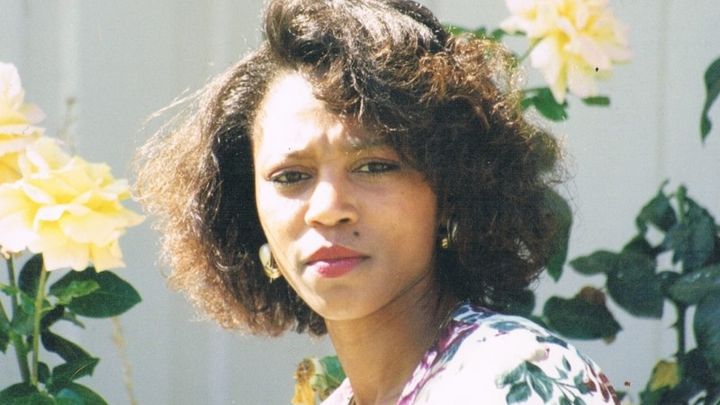
Phyllis Allen Diabetes Foundation
Donation protected
At 13 Phyllis Marie Allen was diagnosed with Type 1 Juvenile Diabetes. For 39 years she managed her disease. On Semptember 21, 2016, due to complications stemming from the disease, she was called Home to the Lord. We will miss her.
With her passing I want to bring awareness to my mother's strength and the battle that countless kids are currently fighting with Type 1 Juvenile Diabetes. Money raised will go to help find a cure and provide assistance to those with Type 1 Diabetes.
Type 1 Diabetes (T1D), often referred to as Juvenile Diabetes, affects children and young adults. T1D means that the body does not produce insulin, and those diagnosed with T1D must take insulin and other therapies in an effort to live a healthy life. As of today there is no known cure. Long-term complications develop gradually and include heart and blood vessel disease, kidney failure, nerve damage, and more.
My mother was on the donor list for a kidney transplant, and because of her selflessness, availability, and surmounting T1D complications, she was unable to receive a transplant, which led to years of dialysis. We can address the root of this problem and find a cure for T1D. That is why this means so much to me. As a child watching my mother take multiple insulin shots day in and day out, never did I look at it her illness as something that might one day take her from me so soon. In recent years as the complications arose, the diabetic comas became more frequent, and unsuccessful changes and "advances in insulin management", we all realized more and more that the only way to mitigate the effects of this DISEASE, is a cure.

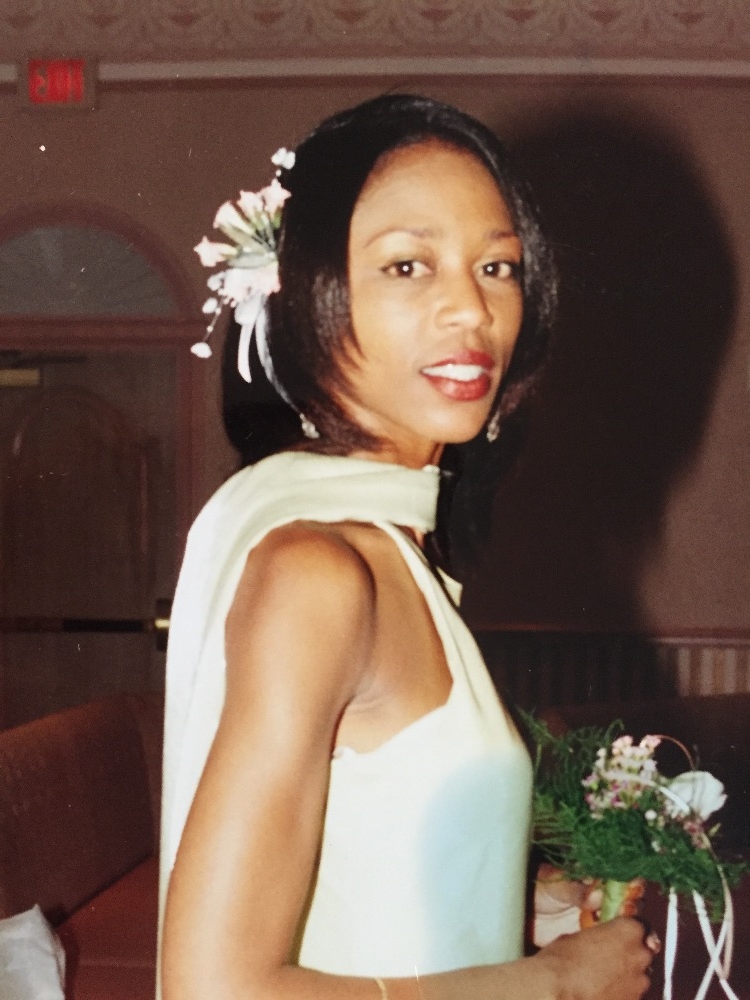

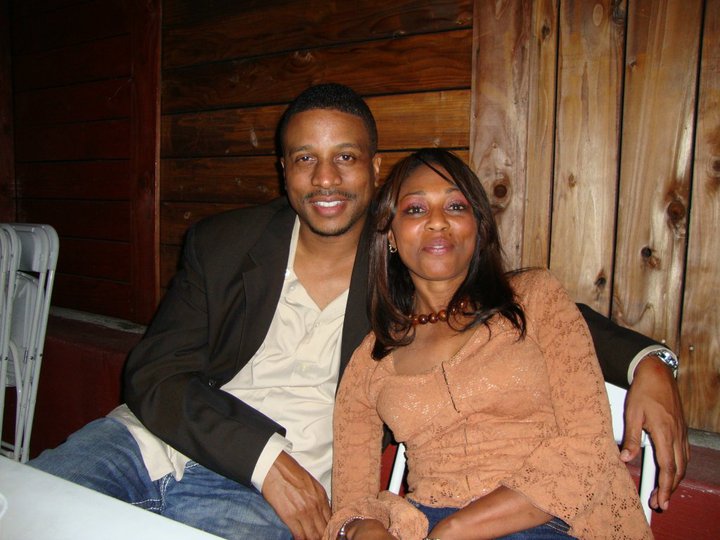
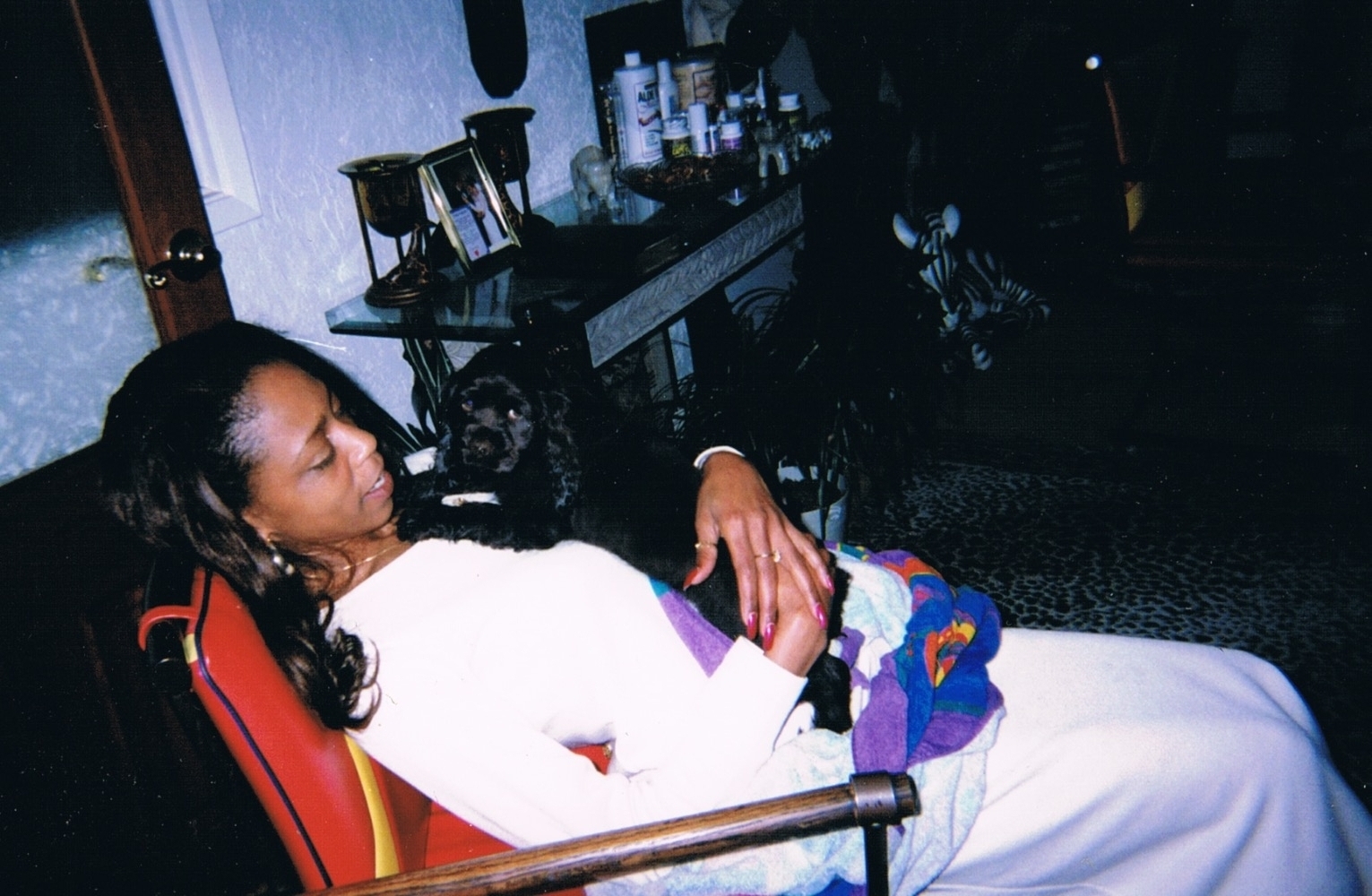
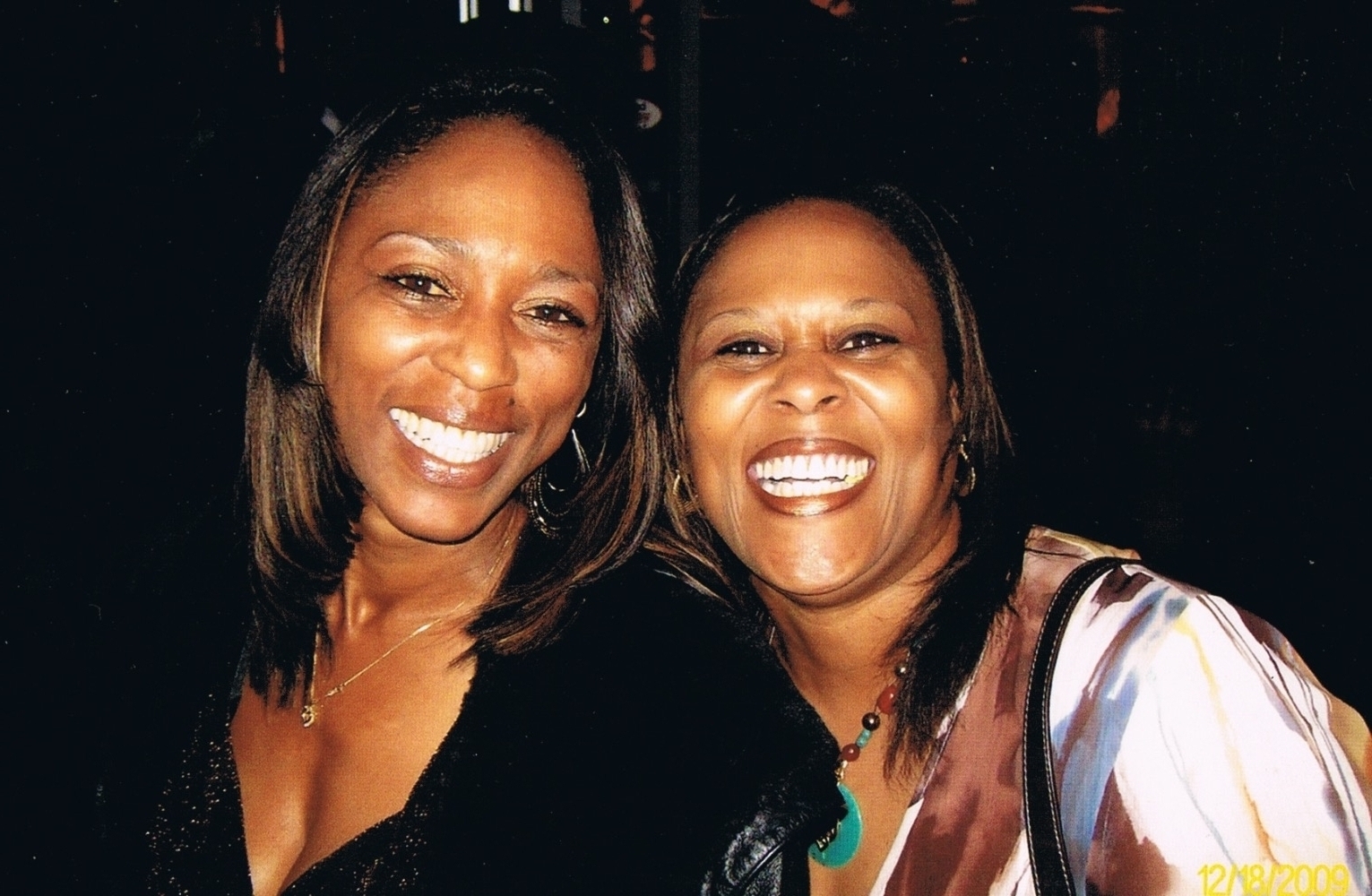
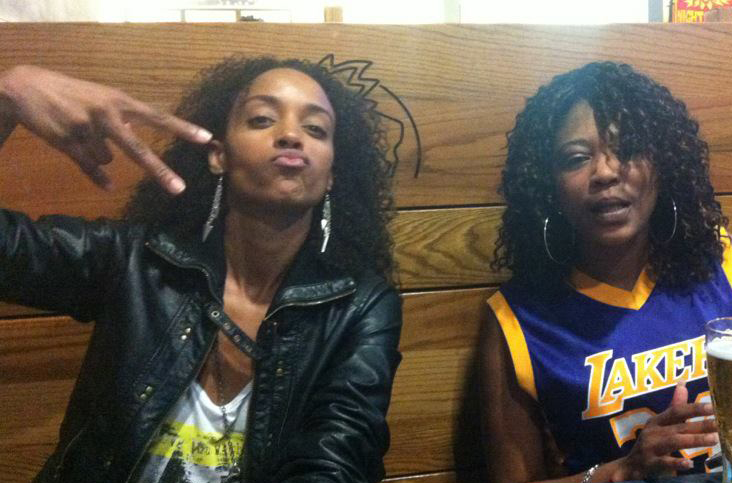

With her passing I want to bring awareness to my mother's strength and the battle that countless kids are currently fighting with Type 1 Juvenile Diabetes. Money raised will go to help find a cure and provide assistance to those with Type 1 Diabetes.
Type 1 Diabetes (T1D), often referred to as Juvenile Diabetes, affects children and young adults. T1D means that the body does not produce insulin, and those diagnosed with T1D must take insulin and other therapies in an effort to live a healthy life. As of today there is no known cure. Long-term complications develop gradually and include heart and blood vessel disease, kidney failure, nerve damage, and more.
My mother was on the donor list for a kidney transplant, and because of her selflessness, availability, and surmounting T1D complications, she was unable to receive a transplant, which led to years of dialysis. We can address the root of this problem and find a cure for T1D. That is why this means so much to me. As a child watching my mother take multiple insulin shots day in and day out, never did I look at it her illness as something that might one day take her from me so soon. In recent years as the complications arose, the diabetic comas became more frequent, and unsuccessful changes and "advances in insulin management", we all realized more and more that the only way to mitigate the effects of this DISEASE, is a cure.








Organizer
Keia Payne
Organizer
Cedar Hill, TX